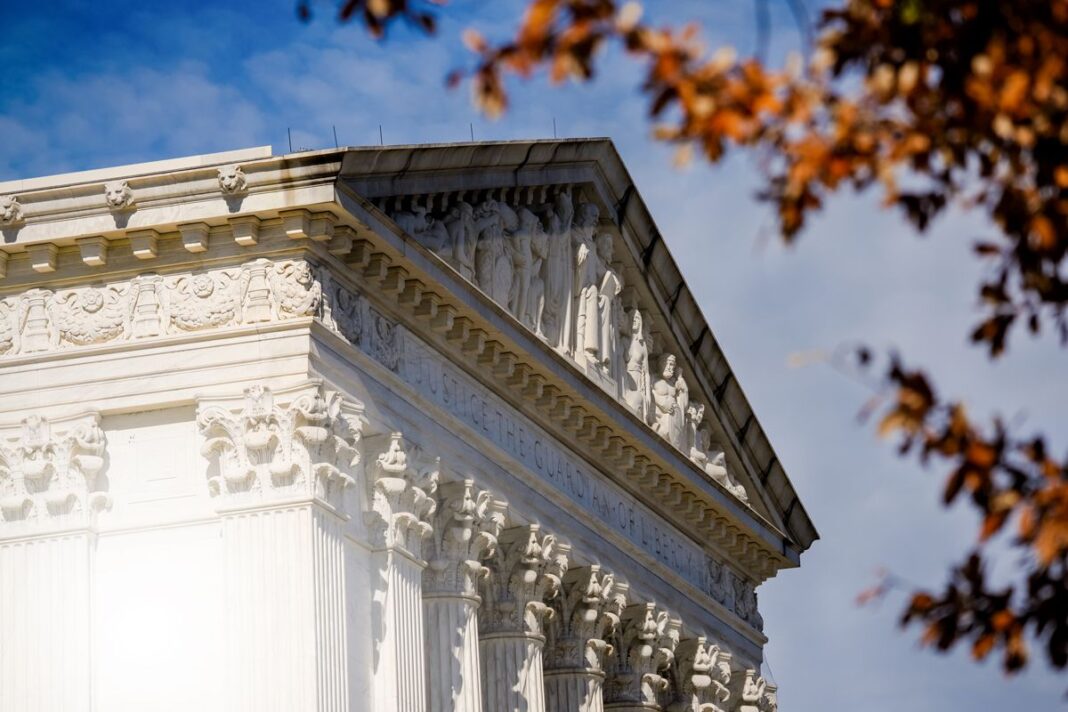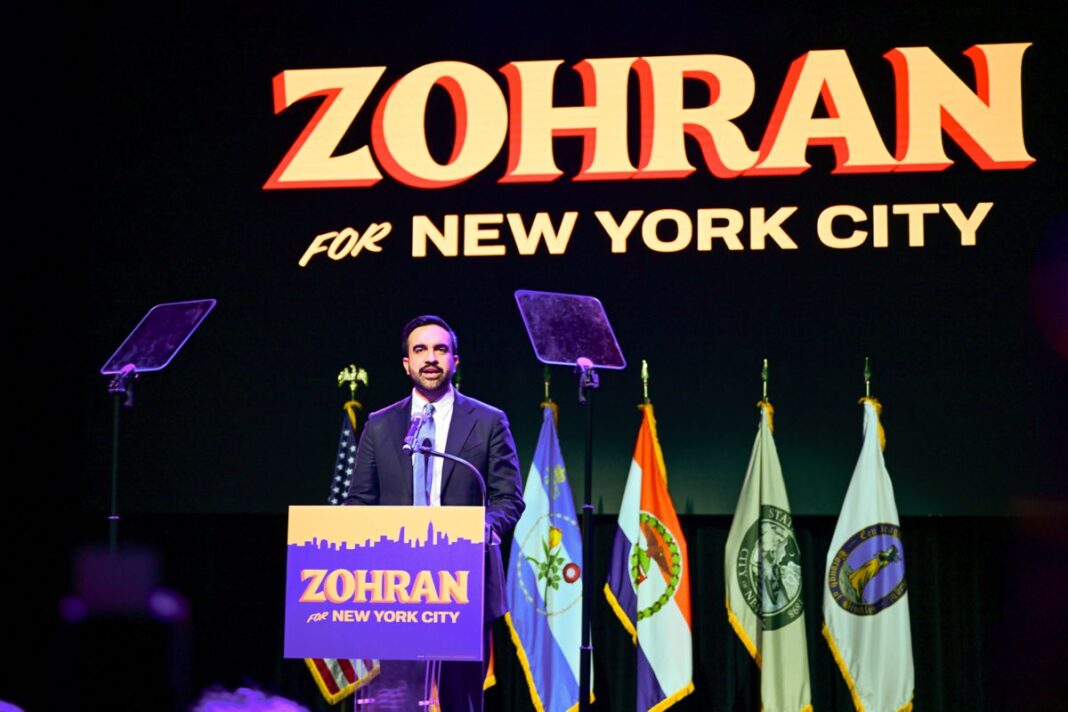The justices wrestled with how to view Congress’s language and whether Trump was encroaching on congressional authority.
The Supreme Court held high-stakes arguments on Nov. 5 over the legality of President Donald Trump’s global tariffs.
For nearly three hours, the justices probed whether Trump’s reciprocal and fentanyl tariffs were authorized by a 1970s emergency powers law.
Multiple federal courts have held that Trump’s tariffs exceeded what Congress authorized him to do under the International Emergency Economic Powers Act (IEEPA).
In Article I, the Constitution grants Congress the power to impose tariffs. The government argued, however, that Congress allowed Trump to exercise that power through the IEEPA, which allows presidents to regulate imports, among other things, in response to emergencies.
It’s difficult to predict how the justices will rule. Some justices seemed mostly skeptical of the tariffs, but others were more difficult to read. Their questions explored whether tariffs are taxes, how much courts should defer to Trump’s discretion, and whether the administration is reading too much into the law.
Here are some of the main issues in the case and how the justices discussed them.
| 1. Defining Imports, Tariffs, and Licensing |
| 2. ‘Donut Hole’ |
| 3. Are Tariffs Taxes? |
| 4. Can Congress Delegate Its Tariff Authority? |
| 5. Concerns Congress Can’t Take Back Authority |
| 6. Refund Process |
1. Defining Imports, Tariffs, and Licensing
The Supreme Court’s decision could hinge on how it interprets words in the law, such as “imports,” “regulate,” and tariffs.
Although the law allows presidents to regulate imports, Chief Justice John Roberts and lower court judges have noted that it doesn’t use the word “tariff” in the relevant section.
The law states in part that the “the President may, under such regulations as he may prescribe, by means of instructions, licenses, or otherwise … investigate, block during the pendency of an investigation, regulate, direct and compel, nullify, void, prevent or prohibit, any acquisition, holding, withholding, use, transfer, withdrawal, transportation, importation or exportation of, or dealing in, or exercising any right, power, or privilege with respect to, or transactions involving, any property in which any foreign country or a national thereof has any interest by any person, or with respect to any property, subject to the jurisdiction of the United States.”
U.S. Solicitor General D. John Sauer pointed to the long list of verbs in the law as an indication that Congress wanted the president to have a broad set of powers.
“The natural common sense inference from that grammatical structure is the intention of Congress to sort of cover the waterfront,” he said.
At one point, Justice Amy Coney Barrett suggested that her decision could turn on another phrase—“licenses”—which she indicated could be viewed as similar to tariffs.
Justice Neil Gorsuch similarly suggested that licenses are “economically identical” to tariffs and that the word “otherwise” could allow the president to use tools such as tariffs. He also seemed open to viewing the term “regulate” to allow tariffs.
“Regulate is a capacious verb, and then you’ve got the ‘otherwise’ language as well,” he said.
Justice Ketanji Brown Jackson was more critical, telling Sauer that Congress used the law to constrain presidents rather than grant them “unlimited” authority.
2. ‘Donut Hole’
During oral argument, Justice Brett Kavanaugh took issue with the argument of Oregon Solicitor General Benjamin Gutman, representing a dozen states challenging the tariffs, that the IEEPA gives the president authority to shut down foreign trade altogether but not to levy tariffs.
Kavanaugh said that Gutman’s take on the law “would allow the president to shut down all trade with every other country in the world or to impose some significant quota on imports from every other country in the world, but would not allow a 1 percent tariff.”
This would be an “odd donut hole” for Congress to leave in a statute, the justice said.
Gutman, who favors a stricter interpretation of the language in the statute than the Trump administration, replied, “It’s not a donut hole—it’s a different kind of pastry.”
The power to shut down trade is “fundamentally different” from the power to impose tariffs, the lawyer said.
Barrett told Gutman that it did seem to make sense for Congress to empower the president with “something that was less, weaker medicine than completely shutting down trade as leverage to try to get a foreign nation to do something.”
By Matthew Vadum and Sam Dorman








